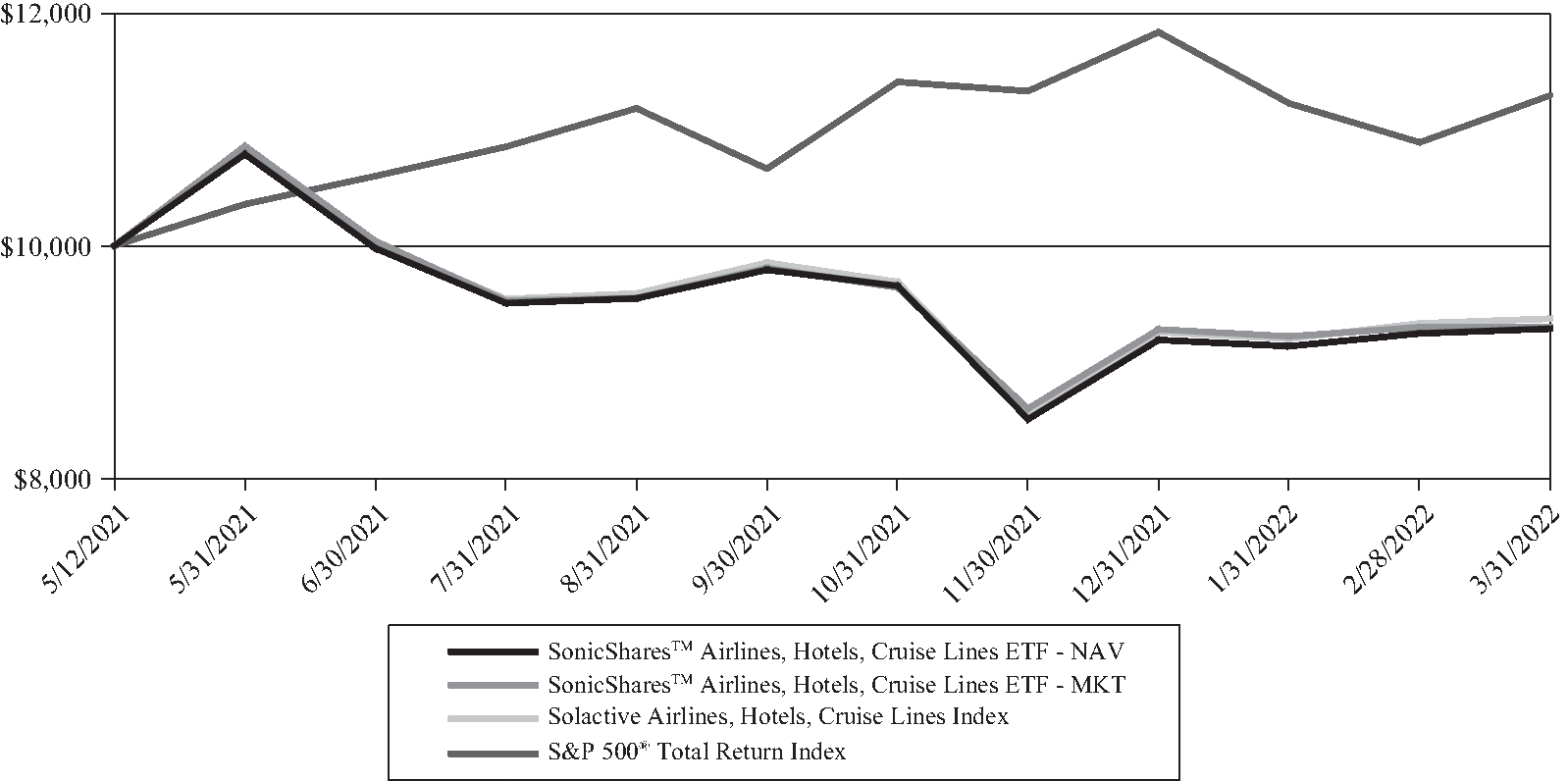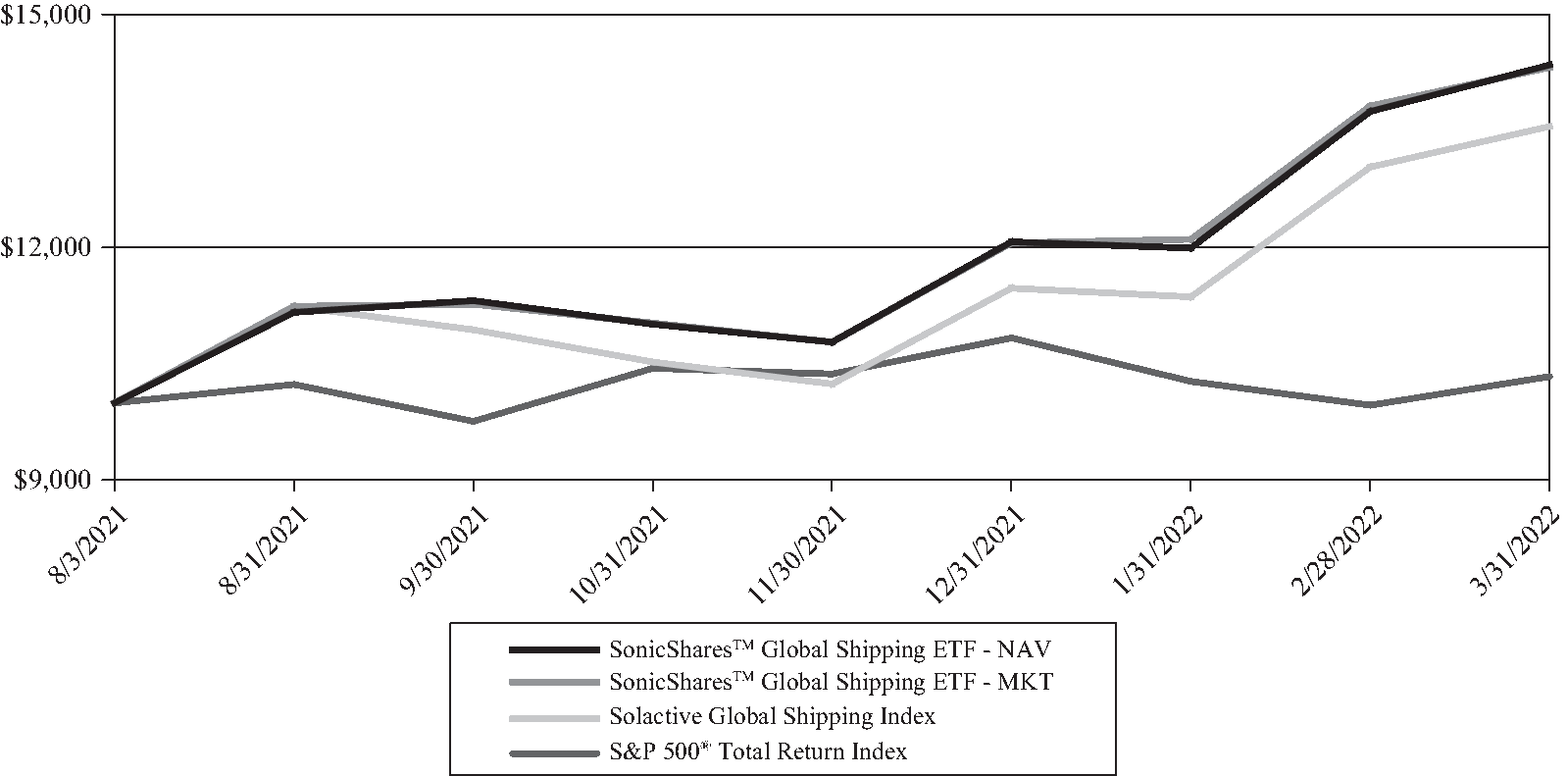has been to deregulate the transportation industry, which could have a favorable long- term effect, but future government decisions could adversely affect companies in this industry. Airline Companies may also be highly dependent on aircraft or related equipment from a small number of suppliers, and consequently, issues affecting the availability, reliability, safety, or longevity of such aircraft or equipment (e.g., the inability of a supplier to meet aircraft demand or the grounding of an aircraft due to safety concerns) may have a significant effect on the operations and profitability of Airline Companies. Airline Companies are subject to various risks that may cause significant losses, which include risks related to uncertainty in travel (due to global, regional or local events), passenger safety, security, and privacy, changing consumer demands, shortages of experienced personnel, consumer perception of risk (for example, due to terrorist attacks, pandemics, and political or social violence), and changing or increased regulations.
•Hotel Companies Risk. Hotel Companies (as defined in the Fund’s Prospectus) may be adversely affected by a downturn in economic conditions. Due to the discretionary nature of hotel spending, coupled with the high debt and cost structure of the hotel and lodging industry, a downturn in economic conditions of the U.S. economy and economies in other regions of the world that results in decreased demand for hotel accommodations may significantly and negatively affect the revenues and profitability of such industry. Hotel Companies may also be significantly affected by changes in labor relations, insurance costs, and the imposition of taxes, tariffs or regulations applicable to hospitality services and the purchase or sale of hotels or real estate. Companies in the hotel and lodging industry are subject to various risks that may cause significant losses, which includes risks related to uncertainty in travel (due to global, regional or local events), guest safety, security, and privacy, changing consumer demands, shortages of experienced personnel, consumer perception of risk (for example, due to terrorist attacks, pandemics, and political or social violence), and changing or increased regulations.
•Cruise Line Companies Risk. Cruise Line Companies (as defined in the Fund’s Prospectus) may be adversely affected by a downturn in economic conditions. Due to the discretionary nature of leisure travel and cruise spending, coupled with the high debt and cost structure of the cruise line industry, a downturn in economic conditions of the U.S. economy and economies in other regions of the world that results in decreased demand for cruises may significantly and negatively affect the revenues and profitability of such industry. Cruise Line Companies may also be significantly affected by changes in fuel prices, which may be very volatile. Due to the competitive nature of this industry, such companies may not be able to pass on increased fuel prices to customers by increasing fares. Cruise Line Companies may also be significantly affected by changes in labor relations, insurance costs, and the imposition by the United States or other countries of taxes, tariffs or regulations applicable to cruises, ship manufacturing or ship sales. Cruise Line Companies are subject to various risks that may cause significant losses, which includes risks related to uncertainty in travel (due to global, regional or local events), passenger safety, security, and privacy, changing consumer demands, shortages of experienced personnel, consumer perception of risk (for example, due to terrorist attacks, pandemics, and political or social violence), and changing or increased regulations.
B.Associated Risks of Investing in Global Shipping Companies (SonicShares™ Global Shipping ETF Only). Companies in the shipping industry may be adversely affected by various factors, including, among others, volatile fluctuations in the price and supply of fuels and raw materials, changes in seaborne transportation patterns, downturn in domestic and/or global economies, changes in domestic and/or global consumption patterns, changes in domestic and/or global manufacturing patterns, changes in global demand for particular products or resources, a decrease in international trade, natural disasters or events, weather delays, weather patterns and weather-related events, including hurricanes, pandemic diseases, the congestion, blockage or shutdown of key ports, channels, canals and shipping routes, commodity prices, taxes, tariffs, sanctions, trade wars, embargoes, enactment of adverse laws, rules and/or regulations, labor shortages, labor strikes, imposition of emissions standards and other environment-related rules and regulations, domestic or international politics and conflicts, including war or threat of war, computer and/or software malfunction, piracy, cyber attacks and terrorism. Any factor or factors adversely affecting companies in the shipping industry could have a significant adverse impact on the Fund’s performance.
C.Concentration Risk. Each Fund investments will be concentrated in an industry or group of industries to the extent each Fund’s Index is so concentrated. In such event, the value of shares may rise and fall more than the value of shares that invest in securities of companies in a broader range of industries.
D.Currency Exchange Rate Risk (SonicShares™ Global Shipping ETF only). Changes in currency exchange rates and the relative value of non-U.S. currencies will affect the value of the Fund’s investments and the value of your Fund shares. Because the Fund’s NAV is determined on the basis of U.S. dollars, the U.S. dollar value of your investment in the Fund may go down if the value of the local currency of the non-U.S. markets in which the Fund invests depreciates against the U.S. dollar. This is true even if the



